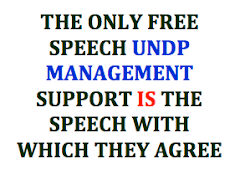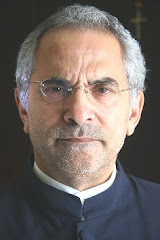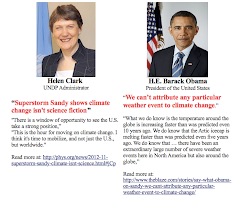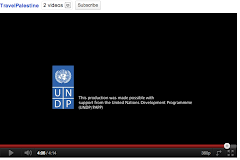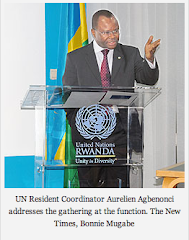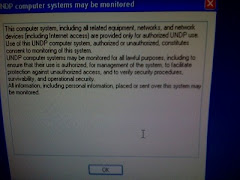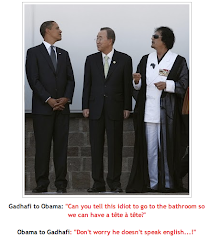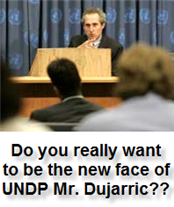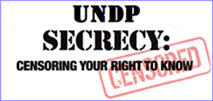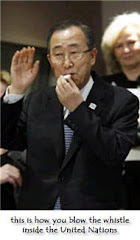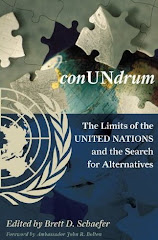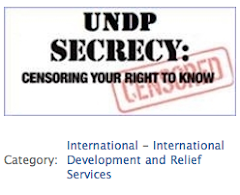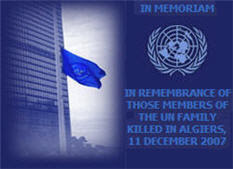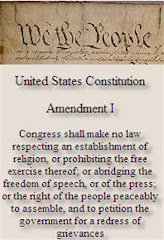 Blow the Whistle, a campaign to expose a senator who manipulated congressional rules to thwart the legislative process, combines crowdsourcing with traditional grassroots political activism. The joint effort of NPR program On the Mediaand the Government Accountability Project (GAP), Blow the Whistle is a response to a secret hold placed on The Whistleblower Protection Enhancement Act just hours before the 111th session of congress ended. The bill–which protected government employees who reported “illegality, waste and corruption”–had been back in the Senate awaiting reconciliation after passing in both the House and the Senate. Because the congressional session was about to end, the hold effectively killed the bill. It would have to be reintroduced and moved through the entire legislative process again in order to pass.
Blow the Whistle, a campaign to expose a senator who manipulated congressional rules to thwart the legislative process, combines crowdsourcing with traditional grassroots political activism. The joint effort of NPR program On the Mediaand the Government Accountability Project (GAP), Blow the Whistle is a response to a secret hold placed on The Whistleblower Protection Enhancement Act just hours before the 111th session of congress ended. The bill–which protected government employees who reported “illegality, waste and corruption”–had been back in the Senate awaiting reconciliation after passing in both the House and the Senate. Because the congressional session was about to end, the hold effectively killed the bill. It would have to be reintroduced and moved through the entire legislative process again in order to pass.
In an attempt to ferret out the anonymous senator, On the Media published the contact information for all 87 active US senators, and challenged listeners to contact representatives to ask point blank, “Did you kill this bill?” Listeners were to report back with any response they received, which the radio program then published. As of January 29th, On the Media confirmed that, thanks to emails from hundreds of participating listeners, 55 senators had publicly stated that they were not responsible for the secret hold.
Meanwhile, the Senate, perhaps motivated by the onslaught of calls and emails from constituents, took matters into its own hands. After reconvening in January, the Senate voted 92-4 in favor of reforming the rules for secret holds, making it harder to use them to sabotage the legislative process. Now, a senator must take credit for a hold on the Congressional Record within two days of placing it. If a hold goes unacknowledged, “the hold would then automatically be attributed to the party leader” or another senator suspected of placing the hold “at a colleagues’ request.”
Though Blow the Whistle continues, it may never catch the slippery senator. Nevertheless, the campaign did demonstrate how crowdsourcing could be successfully used in political activism. In what other way could crowdsourcing galvanize the public into political action? What made Blow the Whistle so successful at getting listeners to take action? What other activist campaigns have successfully employed crowdsourcing?




